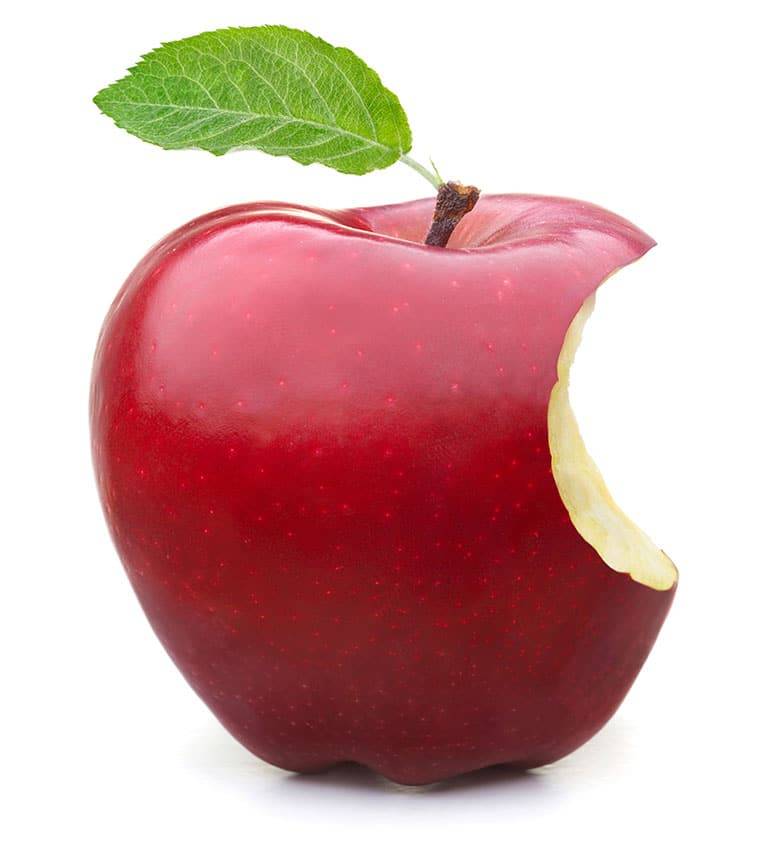Copyright for Fruit?
The U.S. company Apple, in German “Apfel”, claims the copyright for this fruit. In particular, this could mean that it is no longer allowed to publish traditional Apple images without obtaining the approval of the Apple company.
The Apple company plans to preserve the typical appearance of the image for recording in videos or movies. However, the Swiss Inspectorate for Trademark Law, the Federal Institute for Intellectual Property (IGE), rejected the request on important points. Apple then went to the Swiss Federal Administrative Court in St. Gallen and appealed this decision.

Apple’s Plans Face Resistance
There has been a long-standing dispute in Switzerland regarding the international trademark registration IR 1028240. Apple claims the protection of an apple image in black and white worldwide and now wants to enforce this right in Switzerland. Jimmi Mariéthoz, the director of the 112-year-old Association of Swiss fruit producers, emphasises that the term apple and the image of an apple are common goods. It is not recommended that they belong to a company. Cyrill Rigamonti, a professor of economic law at the University of Bern, supports the president. He argues that the portrayal of an apple as a common property is not protected.
Apple Lawsuits: Nothing New
Apple is used to having legal disputes with Apple. For many years, the company has been arguing in the United States for the general right of ownership of all brands with the word “Apple”. In 2007, the company acquired these rights for an unknown amount of money. Apple already holds licences for many brands in Switzerland. For example, it is not allowed to associate the word “Apple” with a bag. In the coming months, we will see if the image of an apple will also be added.
Wealth Aggregation: Simple, Dynamic, and Secure Beyond Compare. Discover the Altoo Wealth Platform!
Mariéthoz says he understands that Apple wants to protect its intellectual property and take action against piracy. However, it goes too far here. It worries him that the depictions of apples that are at least as old as the story of Adam and Eve could now be restricted. If Apple wins, the association may also be forced to modify its own Apple logo.
But it could also have consequences for others. Mariéthoz emphasises that this causes serious problems for everyone who uses apples in their advertisements. For a small association, the risk of a lawsuit is a big challenge. The cost of management and conversion would be high, which could actually be invested in other areas for fruit growers. Mariéthoz says they already earn little money for their hard work. Negotiations of this kind are therefore an additional burden.
All companies and organisations that use an apple as a logo could face this problem if the federal court decides in favour of the company. However, the outcome of this case will not be revealed for a few months.









